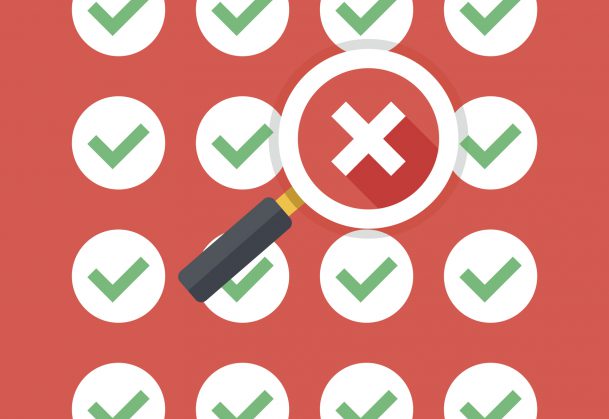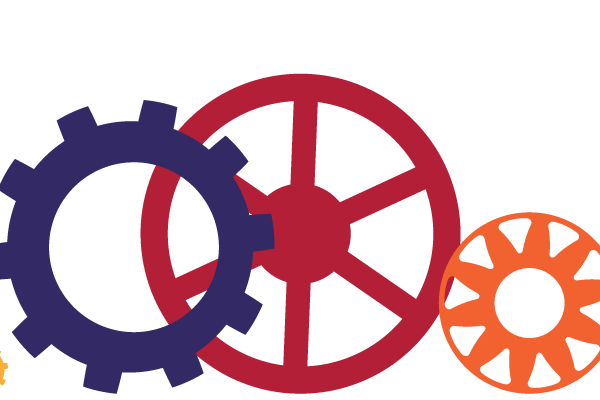-

Advances in Methods and Practices in Psychological Science
AMPPS is the APS journal devoted to innovative developments in research methods and practices across the full range of areas and topics within psychological science.
-

Methods: Don’t Be Too Creative With Your Measures! Avoiding Questionable Measurement Practices
Researchers provide a guide to implement good measurement practices and strengthen the validity of psychological science research.
-

Strengthening Psychological Science with Specialized Statistical Review
Focused technical assessments by statistical experts could help psychology journals defend against the improper use of statistics.
-

Methods: A Little Help to “Self-Correction”—Enhancing Science After Replications
Researchers examine how replication affects the influence of original scientific research and discuss how to increase efforts to advance scientific progress in psychological science.
-

Textbook Analysis Uncovers Erroneous Explanations of Statistical Significance
An examination of introductory psychology textbooks suggests that prospective researchers may learn to interpret statistical significance incorrectly in their classes.
-

Methods: Helping Nonscientists Differentiate Preprints From Peer-Reviewed Research
Adding a brief message to preprints disclosing that these articles have not been peer-reviewed can alert readers who are unfamiliar with scientific publishing to the differences between scientific findings that have and have not been checked for quality.
-

Methods: Measuring Change With Power in Intensive Longitudinal Research
This tutorial walks through the process of selecting sample sizes in intensive longitudinal research.
-

Social Psychology Research Today Has More Participants, Online Studies, Self-Report Measures
Collecting data from online participant pools and using self-report measures are two strategies that allow for increased sample sizes while drawing on relatively fewer resources — but have social psychology researchers adopted these strategies?
-

Insights From High-Risk Fields Can Help Minimize Mistakes in the Lab
In an article published in Advances in Methods and Practices in Psychological Science, researcher Jeffrey Rouder of the University of California, Irvine and colleagues use principles drawn from high-risk fields to propose best practices for minimizing mundane mistakes in psychology labs.
-

How to Maintain Data Quality When You Can’t See Your Participants
Online data collection makes recruiting study participants faster and easier, but at what cost? Psychological scientist Jennifer Rodd of University College London outlines the steps researchers should take to manage the uncertainty inherent in remote experimentation.
-

The Importance of Cultural Context: Expanding Interpretive Power in Psychological Science
Psychological research relies heavily on homogenous samples and settings, but there are many ways that the field can include more cultural considerations in the exploration of human emotions, cognition, and behavior, says APS Fellow Yuichi Shoda and colleagues Laura Brady and Stephanie Fryberg.
-

Methods: How to Do Data Visualization Using R—Even If You Don’t Use R
Read about the advantages of using the programming language R in data processing and statistical analysis.
-

Research Preregistration 101
Psychological Science Editor in Chief D. Stephen Lindsay, Clinical Psychological Science Editor Scott O. Lilienfeld, and APS Fellow Daniel J. Simons explain the rationale for and benefits of preregistration, for researchers and for the field of psychological science at large.
-

How Researchers Can Find Different Results Using the Same Data
How much variation is there when different researchers analyze the same data? Quite a bit, according to a study published in Advances in Methods and Practices in Psychological Science.

APS Methodology Center
Articles, tutorials, and other resources for enhancing research methods and practices.



